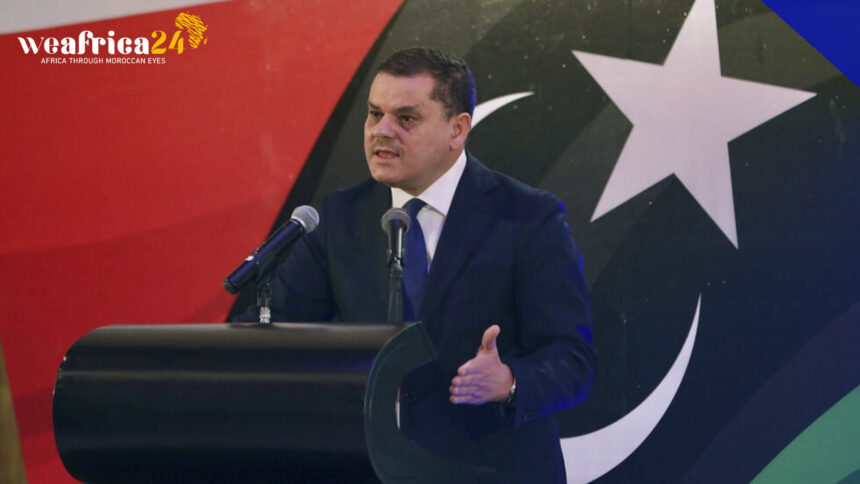The tripartite agreement reached in Cairo on Sunday, March 10th, under the auspices of the Arab League, is expected to pave the way for the formation of a new unified government, replacing the current two administrations in Libya. This new government will be tasked with organizing the long-awaited elections in the country.
The three legislative bodies – the Presidential Council, the High Council of State, and the House of Representatives – have finally agreed to sideline Prime Minister Dbeibah. However, Dbeibah clings to power and refuses to relinquish it unless to an elected government. Yet, the economic setbacks experienced by Libya in recent months, the devaluation of the dinar against the dollar, and the extravagant public spending of the Dbeibah government have likely eroded the Prime Minister’s popularity in western Libya.
Standoff Amid Financial Crisis
Dbeibah has been abandoned by his allies and supporters, except for his family entrenched throughout the state apparatus. The latest defection comes from Al-Seddik al-Kabir, the head of the Central Bank, sparking a standoff between the two amid a financial crisis. These factors have hastened the conclusion of the March 10th agreement in Cairo, which aims not only to appoint a streamlined government capable of leading the country toward elections but also to revive political negotiations, unify sovereign institutions, and agree on a legal framework for the elections.
This reconciliation follows the agreement reached in early March in Tunis between 120 members of the two chambers of parliament, paving the way for the summit in Cairo. However, much remains to be done before the designation of a national unity government, which is unlikely to materialize before the end of Ramadan, if all goes well.
Quadripartite Dialogue Table
Abdoulaye Batilly, the UN Special Envoy to Libya, noted on X (formerly Twitter) that he had taken note of the final communiqué of the meeting: “We have agreed to follow up on the conclusions,” he wrote, indicating his approval. Previously, he had proposed organizing a quadripartite dialogue table with the presence of Tripoli’s Prime Minister Abdelhamid Dbeibah, a suggestion vehemently rejected by the camp in eastern Libya.







